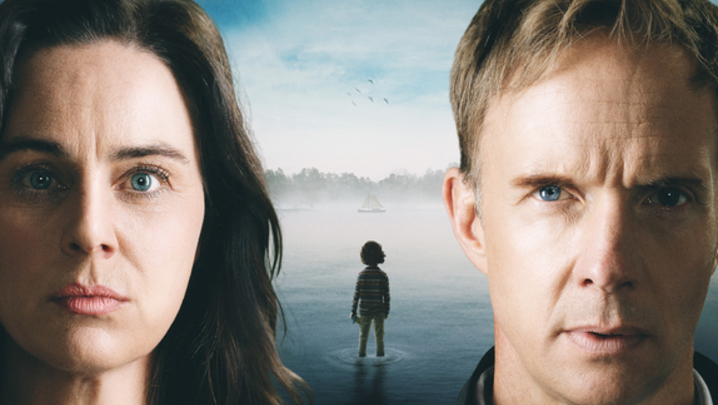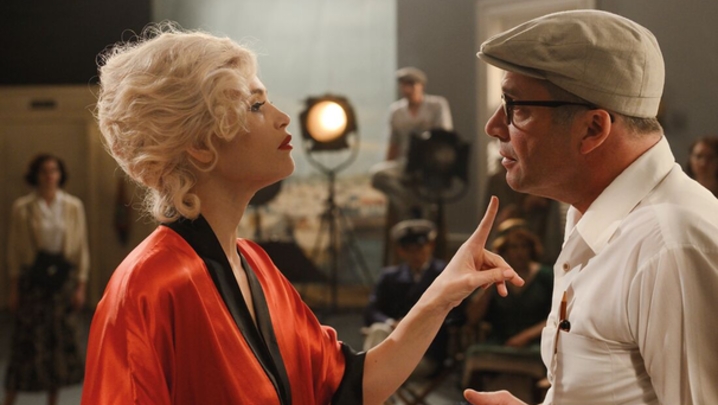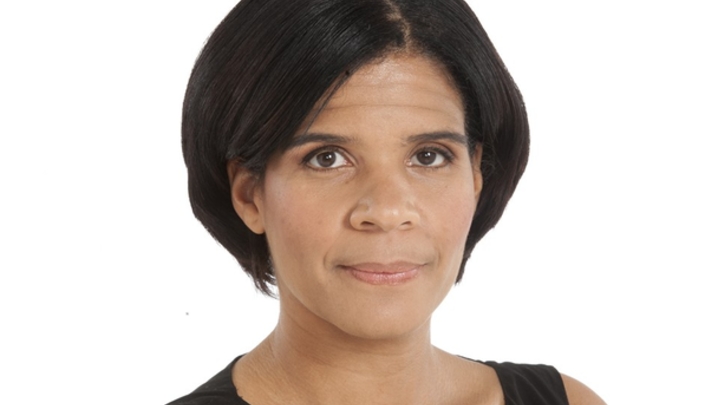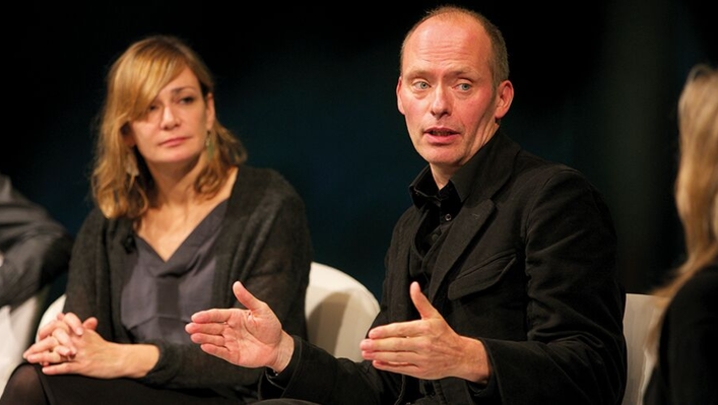Graeme Thompson visits hardworking media graduates on the sets of Vera and Wolfblood.
As if we don’t have enough drama in our lives right now, I have to welcome the fact that so much of the TV variety is being filmed here in North East England.
I dropped in on the set for CBBC’s special-effects-laden thriller Wolfblood, at a disused office block in North Shields, and of ITV’s long-running whodunnit Vera, filmed at old shipping buildings on the River Tyne.
It’s always fascinating to see behind the scenes as designers and lighting directors transform abandoned floor space into an authentic provincial police station or – in the case of Wolfblood – the headquarters of a group of werewolves.
Equally rewarding – for me, at least – was running into University of Sunderland media graduates working as sound recordists, script supervisors, production secretaries and trainee crew. Meeting them on set reminded me why universities who invest in media and creative industries education have such a transformational impact on the next generation of TV professionals.
These are young people at the start of their careers whose relatives have no links to television and, in many cases, are the first in their family to have gone to university.
There is a view – sadly prevalent in Whitehall – that studying broadcast media production, journalism, design and animation is a risky choice for young people because of apparently poor job prospects.
Much better, say the experts, to opt for STEM subjects (science, technology, engineering and mathematics) and medicine.
"Eight out of 10 media graduates are in work within six months of leaving university."
The latest graduate employment survey by the Higher Education Statistics Agency confirms that medical, dentistry and veterinary graduates are top of the league when it comes to getting jobs after university – 93% of them are in work within six months.
But wait: maths graduates fare less well – just 56% manage to land jobs in the same period.
So what of those graduating from media, communications, design and creative arts? Happily, the survey reveals that eight out of 10 media graduates are in work within six months of leaving university. And it’s a similar picture in arts and design. Unemployment in this group is 7%, compared with 10% in computer science.
But the reality doesn’t easily displace the myth: media and arts continue to be seen as “soft” subjects that attract the same £9,000 tuition fees as “solid” engineering and law.
Parents, teachers, careers advisors and government policy-makers would do well to eavesdrop on students juggling assignments, placements, showcase events and research alongside seminars and tutorials, before concluding that arts and media are “soft”.
I had the privilege over the summer of sifting through more than 100 applications for RTS Production Bursaries. This year, the scheme is awarding cash and mentoring to 20 undergraduates from challenging backgrounds who want to study TV-related media and journalism.
The extraordinary commitment and passion of the candidates is humbling. Many had provided links to showreels created at home or in the classroom, by themselves or with friends.
Our selection panel was treated to drama, documentary and animation highlighting their skills in scripting, presenting, directing, camerawork and post-production. And we read glowing testimonials from teachers.
All the applicants had come from poorer backgrounds and represented every corner of the country. Many had overcome family tragedy, illness and other setbacks to complete A levels and pursue their passion for TV.
They had a lot in common with the graduates I met on Vera and Wolfblood: a strong work ethic and an understanding that what you achieve in the classroom can be elevated by the effort you make and the opportunities you grab beyond the timetable.
Good luck to those that we selected for the bursaries. I hope we’ve chosen well. They join 40 other bursary recipients from the past two years. And to the ones we couldn’t include, I predict that their success after leaving university will provide further evidence of the brilliant careers awaiting graduates with a flair for production and storytelling.
Graeme Thompson is Pro Vice-Chancellor at the University of Sunderland.







